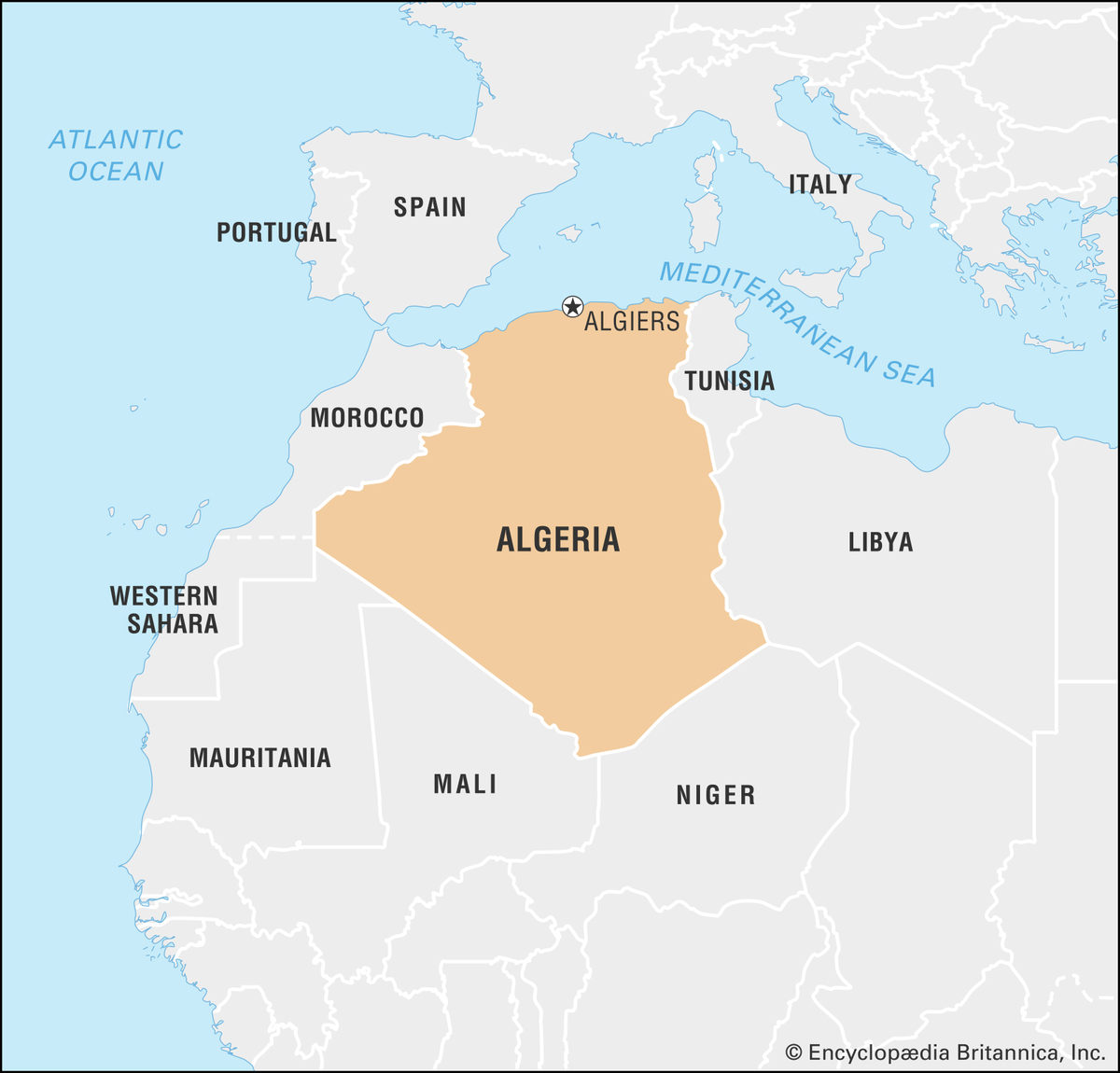3分解説!民主化が失敗、アルジェリアでなにが?
2021年1月17日
今日注目の地域

今日は Algeria(アルジェリア) についてです!
1962年にフランスから独立した Algeria(アルジェリア) では不安定な政治情勢が続いています。
3分で読める本記事の構成は以下のとおりです。
独立後
1976年から the National Liberation Front (FLN) という政党による一党制が続いていたのですが、1989年に多党制に切り替わると the Islamic Salvation Front (FIS) などの新たな政党が生まれていきます。
民主化の動き失敗
でも、新しくできた the Islamic Salvation Front (FIS) が 1991年の選挙で政権を勝ち取りそうになったことをうけて、国内の軍部が選挙を急遽中止にしたんです。さらに翌年には the Islamic Salvation Front (FIS) は解散させられ、これが内戦に発展するんです。
さらに Algeria(アルジェリア) 政府と the Islamic Salvation Front (FIS) の争いに加え、the Armed Islamic Group (GIA) や the Islamic Salvation Army (AIS) などの様々な武装集団が内戦に参入してきます。
紛争解決の動き失敗
こうした混乱の中 1999年に Abdelaziz Bouteflika という人が新しい大統領に選ばれ、内戦を終わらせるために the civil concord law というのをつくって ”the Islamic Salvation Front (FIS) が政府をサポートすれば、Algeria(アルジェリア) 政府は新たな政党の設立への可能性や内戦によって収容された囚人の釈放などを約束する” と宣言したんです。
the Islamic Salvation Front (FIS) はこれに賛成していたのですが、他の武装集団が平和に向けた武装解除を拒んだり、Algeria(アルジェリア) 政府も約束に従順でなかったりしたことでうまくいきませんでした。
2008年に Abdelaziz Bouteflika 大統領の3期目を認める憲法が編成されたのですが、2014年にAbdelaziz Bouteflika 大統領の4期目が始まると、2016年には大統領の任期を2年に限定するよう憲法が再編成されます。
こうした状況のなかでも、Abdelaziz Bouteflika 大統領は5期目に立候補することを示唆したため、2019年に大規模なプロテストが起きて大統領交代につながったんです。
参考
Al Jazeera English, BBC News, International Crisis Group, Middle East Eye, GSDRC, the africa report
----
Note in English
Since its independence from France in 1962, Algeria has struggled with its instability.
In 1976, Algerian politics started with a sole political party, the National Liberation Front (FLN), under a new constitution.
In 1989 when new opposition political parties were allowed to compete in future elections, a multi-party system, including the formation of the Islamic Salvation Front (FIS), was introduced in Algeria.
In the 1991 election, however, the Algerian army cancelled a second round of elections in response to the high likelihood of the Islamic Salvation Front (FIS) winning the election. When the FIS was banned in 1992, the civil war between the Algerian army and the FIS broke out as well as the rise of Islamist groups, such as the Armed Islamic Group (GIA) and the Islamic Salvation Army (AIS).
In 1999, Abdelaziz Bouteflika was elected as a president and enforced the civil concord law to end the civil war. Under the civil concord, the Algerian government promised to release some prisoners and the possibility of forming a new political party in exchange for the public support by the Islamic Salvation Front (FIS).
Although the idea was supported by the FIS, it failed to lead the other Islamist guerillas to disarm for peace, and moreover the Algerian government did not fully commit to the concord.
In 2008, the constitution was modified to allow Abdelaziz Bouteflika to run for a third term, and he won the polls in the following year.
The wave of the Arab Spring came to Algeria as well, and protests to demand the change in food prices and high rate of unemployment occured. Unlike the other Middle Eastern countries, however, the Algerian government succeeded in preventing the situation from getting worse by promising the political and economic reform, including tax cut, instead of oppressing the protesters by police force.
As a response to Abdelaziz Bouteflika winning his forth term in elections in 2014, the constitution was modified again to limit the maximum presidential term to two terms in 2016. Abdelaziz Bouteflika, however, declared to contest a fifth term, and mass protests occurred in 2019 to demand for President Bouteflika to resign. As a result, a new president was elected.
Despite the birth of the new leader, political and economic unrest still remain in Algeria.
Now It should be easier to understand the recent news.